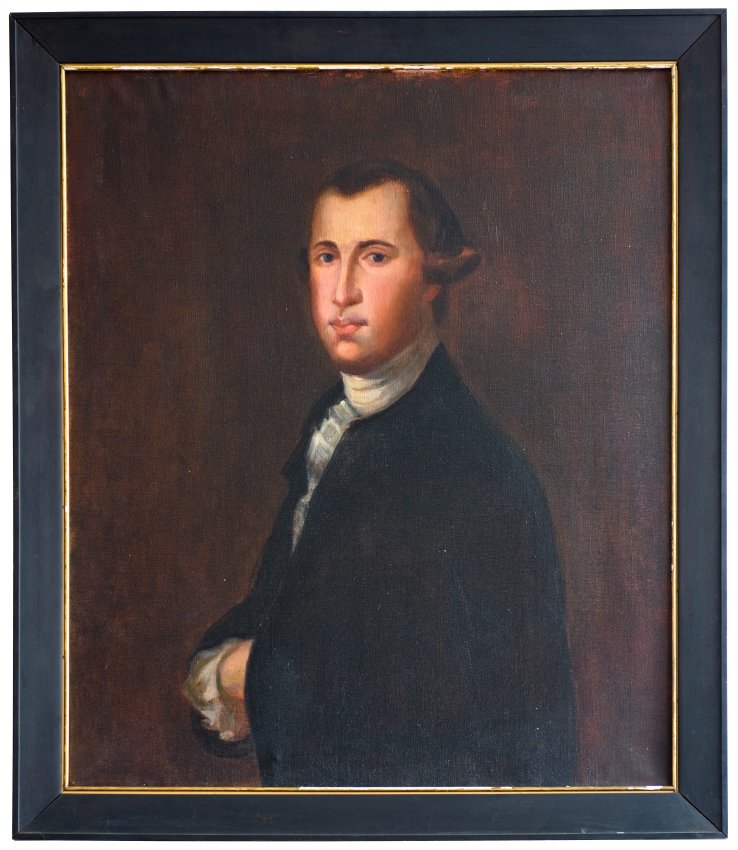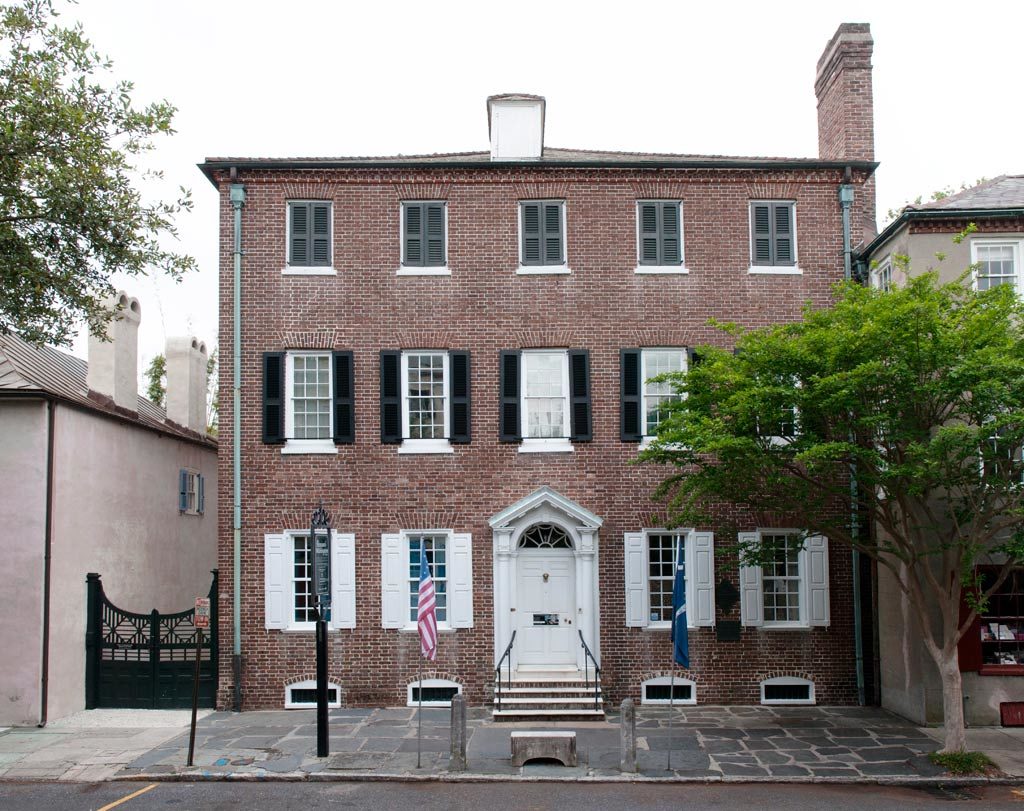Thomas Heyward Jr.
Celebrate the Fourth of July at the home of one of the signers of the Declaration of Independence, the Heyward-Washington House. This Georgian double house located at 87 Church Street is one of the two historic house museums owned by The Charleston Museum. It was the home of Thomas Heyward Jr., one of the four signers of the Declaration from South Carolina.
Thomas Heyward, Jr., born July 28, 1746 at his father’s plantation in St. Luke’s Parish (now part of Jasper County), was the eldest son of wealthy rice planter Daniel Heyward and Mary Miles He added the junior to his name to distinguish himself from his uncle, Thomas Heyward.
As a young man he was sent to London to complete his legal education. He was admitted to the Middle Temple in 1765 and in May 1770 was called to the bar by the Inns of Court. After completing his education, he travelled throughout England and Europe. Like many of his American contemporaries, he was deeply distressed by the perceived slights of the mother country toward her subjects in the colonies. This did much to alienate his affection for the British crown.
Thomas Heyward, Jr. was among the earliest in South Carolina to oppose the British government, beginning with the Stamp Act of 1765. A leader in the revolutionary movement in the colony, in August 1775 he was elected by South Carolina’s second Provincial Congress as a delegate to the First Continental Congress. As such, he became one of the four signers of the Declaration of Independence. In 1778 he was elected as a delegate to the Second Continental Congress.
During the Revolutionary War, he fought and was wounded at the Battle of Port Royal (1779). He also fought at the Siege of Charleston (1780). Following the fall of Charleston, he and several other patriot leaders in Charleston were imprisoned in St. Augustine, Florida. Freed in a prisoner exchange in 1781, Heyward returned to South Carolina after the war. He further served the state of South Carolina as a judge from 1783 to 1798, after which he retired permanently to his plantation in Jasper County. The Heyward family sold the townhouse in 1794 to Judge John Grimke, another Revolutionary War hero and the father of noted abolitionists, Sarah and Angelina Grimke.
Visit the Heyward-Washington House this July 4!



